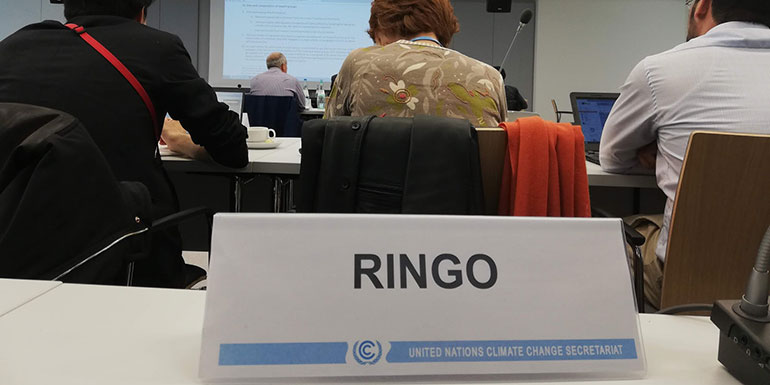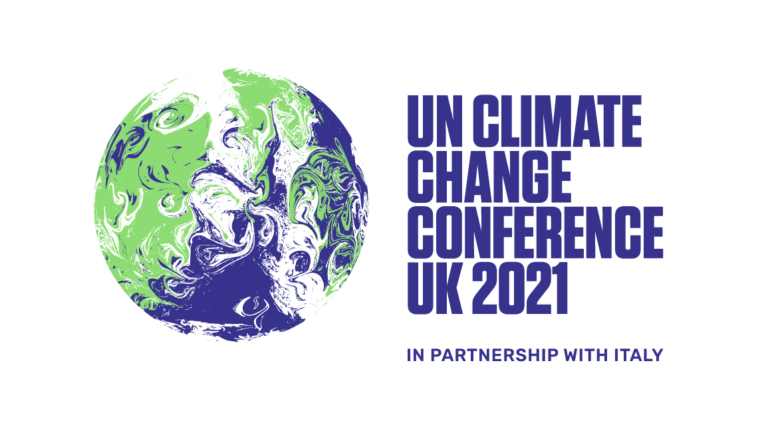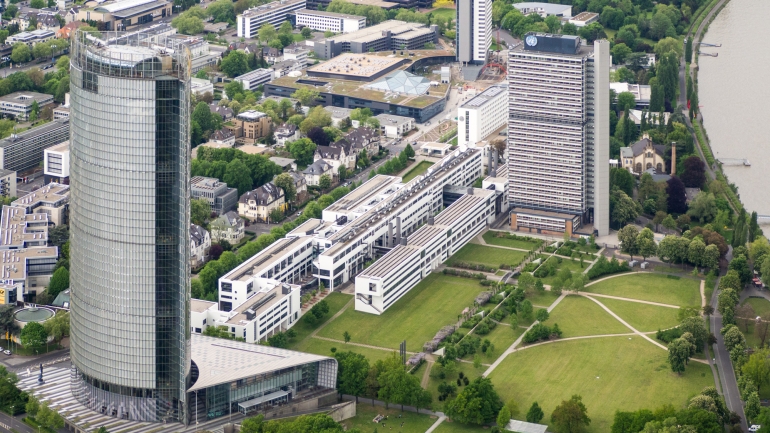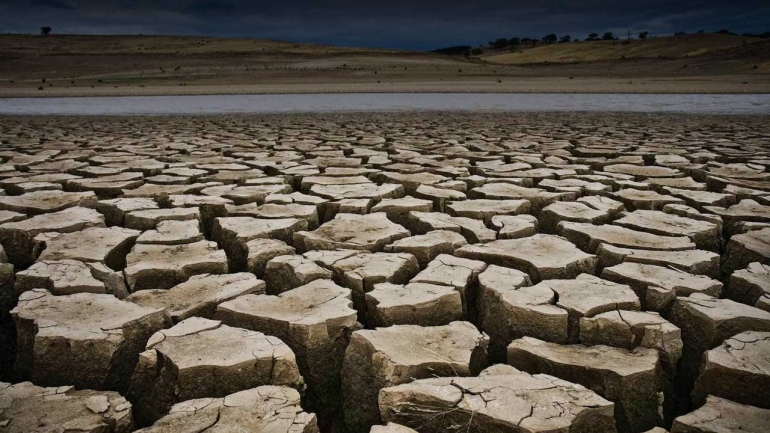A synthesis by the CCLAD team
The Executive Committee of the Warsaw International Mechanism for Loss and Damage (WIM Excom) met in Bonn on April 9th -11th for its ninth meeting. After having celebrated its fifth birthday at COP 24, the WIM is now entering a crucial year concluding with its review at the Santiago Climate Change Conference next December. The review will assess the work undertaken so far under the WIM and strategically direct its future activities. Excom 9 thus represented an important opportunity to define the initial action plans of the committee’s thematic working groups, focusing respectively on slow onset events (SOEs), non-economic losses (NELs), displacement, and comprehensive risk management approaches (CRM).
Differently from previous meetings, co-chairs organised discussions within four parallel working groups reporting to the plenary at the end of each session. This new format – an ‘experiment’ as it was labelled by the co-chairs themselves- proved to be fruitful as it allowed for a good interaction and exchange with the many civil society and research observers present at the meeting. The only session where observers were not admitted was the one where the Terms of Reference (TOR) of the Task force on displacement were finalised. Observers had nevertheless the opportunity to provide their inputs in the previous session as well as during the plenary when the TOR were presented.
In terms of outcomes, the group on SOE discussed the details of a special issue it plans to host at the beginning of 2020 in a scientific journal. It finalised a call for guest editors and specified that articles focusing on vulnerable groups as well as financial instruments to deal with SOE will be particularly sought. The Technical expert group on CRM examined topics for future work, including comprehensive risk management approaches, risk assessment and observation, risk management strategy and insurance solutions. The group plans to have an expert workshop on risk assessment and observation and considered different tools for synthetizing and communicating knowledge around CRM. The group on NELs noted several synergies and possibility for collaboration with the other expert groups, and engaged in drafting an indicative list of experts to involve in its activities.
Discussion around Workstream (WS E) on action and support, including finance, technology and capacity-building, did not take place within a dedicated working group and was rather considered as an overarching theme across the workstreams (i.e., CRM, NELs, SOE and displacement). This choice was made after some ExCom members from Least Developed Countries (LDCs) expressed concern about what they perceived as a lack of prominence given to activities under WS E, a position that was shared by several observers. LDCs also noted how the technical paper elaborating on the sources of financial support (see decision 4/CP.22) has limited scope as it does not include estimates of loss and damage costs and finance needed by developing countries. Co-chairs stressed that the paper will serve as an input to the WIM review, and that its conclusion will provide a basis for discussion when WS E will be considered at the first Excom meeting in 2020.
The CCLAD team had the opportunity to attend the meeting through the Research and Independent Non-Governmental Organizations (RINGO) constituency to the UN Framework Convention on Climate Change (UNFCCC). Detailed notes about the meeting can be found in the RINGO webpage.






